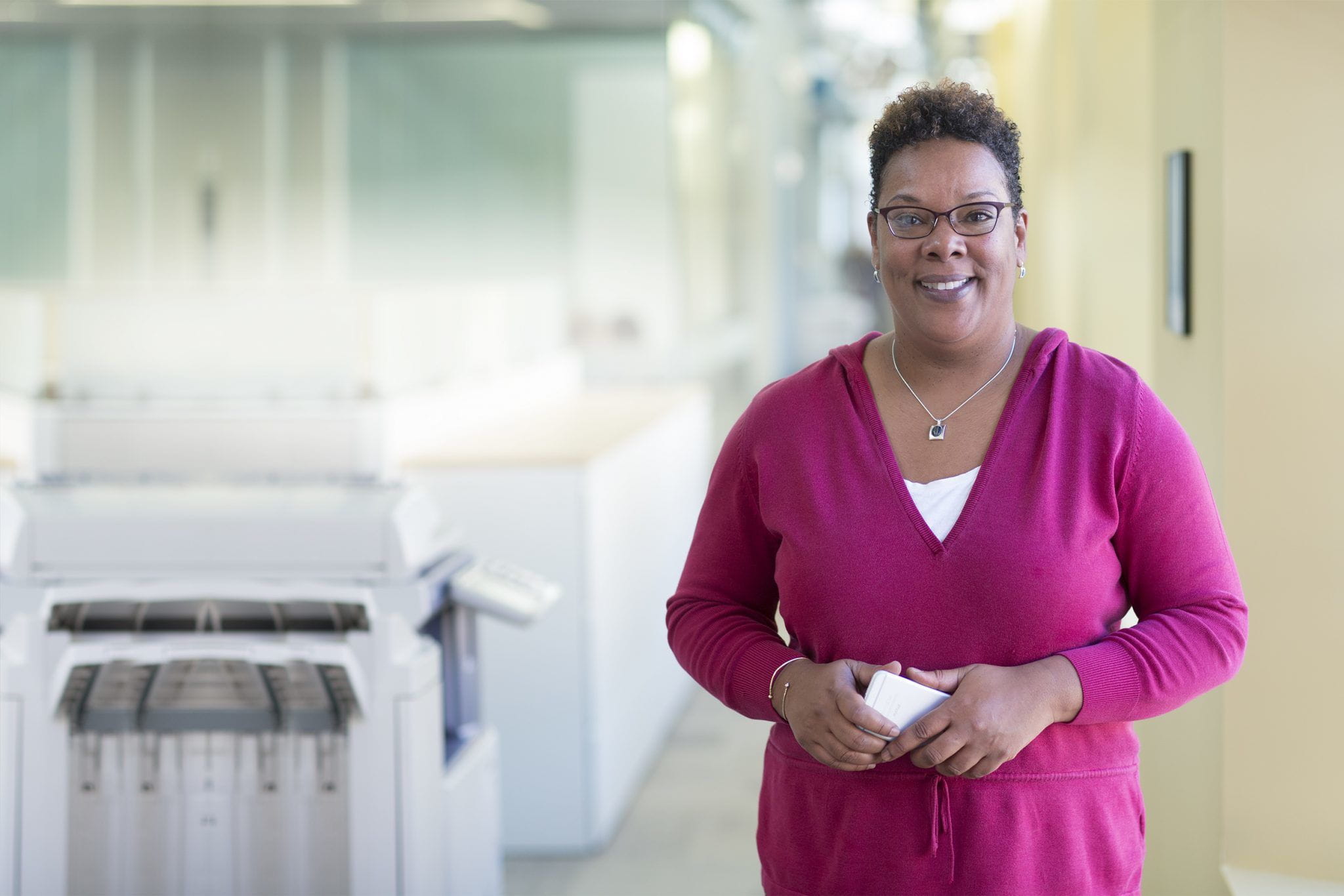Applying to grad school these days entails much more than simply matching up one's interests to a set of prospective schools. It's oftentimes done with an eye towards landing a job soon after graduation so the stress an employee might feel when helping his child get on her feet financially doesn't necessarily end with an undergraduate degree.
We decided to ask two graduate school alums, Priya Menon of Babson and Nadia Ibrahim of Suffolk University, what they wished they had known about graduate school before they applied. Could they offer any advice to prospective grad school applicants about finding the right fit? Here's what they had to say:
We decided to ask two graduate school alums, Priya Menon of Babson and Nadia Ibrahim of Suffolk University, what they wished they had known about graduate school before they applied. Could they offer any advice to prospective grad school applicants about finding the right fit? Here's what they had to say:
Priya: How courses were structured and why and how they might benefit someone like me that's what I would have liked to have known more about. I struggled mightily when picking courses my second year and wasn't sure what would prepare me in the best way for the career I am looking for. I think some level of customization and one-on-one counseling might really help, especially when a lot of students don't really know what they want to do once they graduate.
Nadia: One of the most important things to keep in mind when applying to graduate school, I think, should be evaluating a program's ability to reach out into the community for internships, practicum, or potential networking / job opportunities. While great academics are important, you need to look at the program as a whole, and see if your priorities are matching theirs. If the program's focus is research and most graduates go on to get a Ph.D or work in research, and you want to be a practitioner or work directly in the field, the program might not be a good fit for you.
Priya: I wish I had known the job placement / recruitment stats and the kind of companies that recruit from the school in general, too. For international students like me, especially, they need a visa to work in the US, and with forty-odd percent of students at my school being international, I just assumed the school would know of these constraints and would have ideas on working around them.
Nadia: The economy continues to be a contributing factor for graduates gaining employment. I would look at a program's ability to provide staff / faculty and alumni willing to engage in networking, informational interviews, or mentoring services. Sometimes you can only find this information from second-hand student experience so prospective students shouldn't be afraid to find students on LinkedIn and other social media outlets, and just ask. Everyone is, or at least should be, willing to talk about their education, school, and their own personal goals. At the very least you gain a contact at the school or program who might help you out some day!
Priya: I was originally concerned about small class sizes [when I applied]. Taking advantage of one's MBA is a lot about networks and who knows who, and I thought the small class size would be a short sell. But I have since changed my mind because the small size means I got to know a lot of people pretty well.





